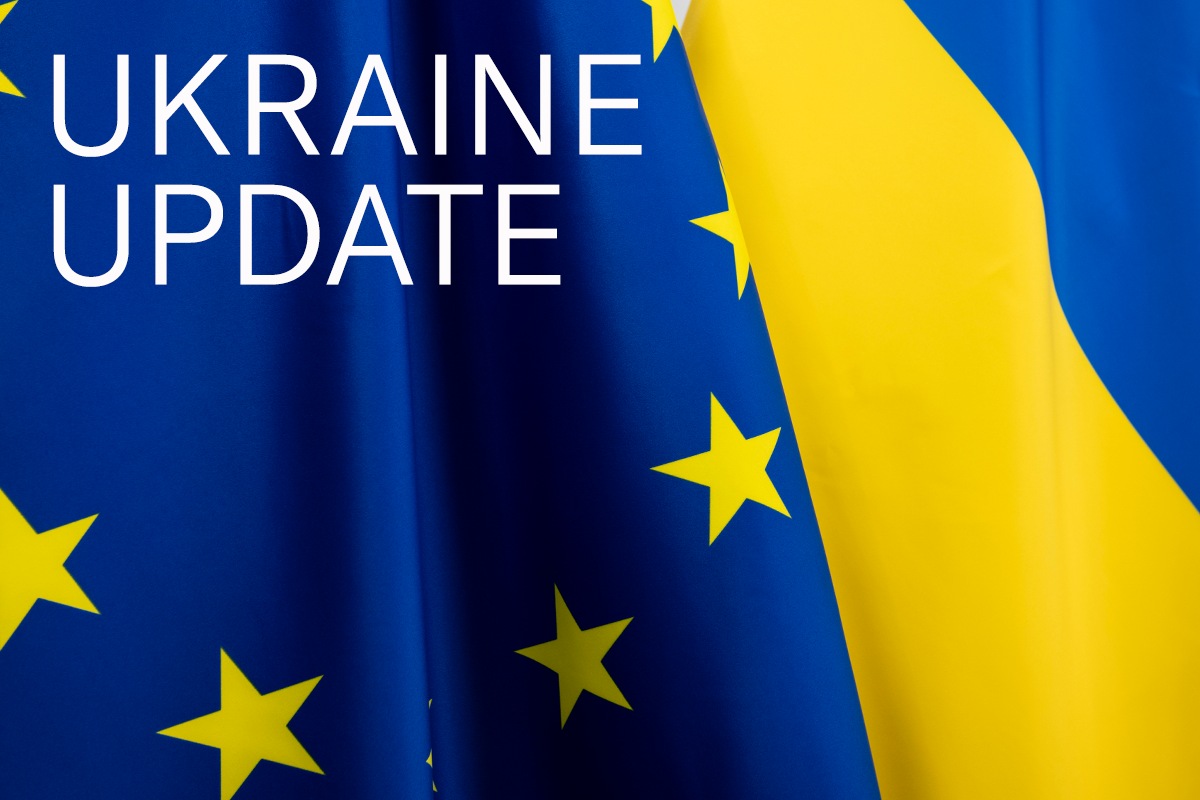Ukraine Update | Prospects of EU membership
Sie sehen gerade einen Platzhalterinhalt von Standard. Um auf den eigentlichen Inhalt zuzugreifen, klicken Sie auf den Button unten. Bitte beachten Sie, dass dabei Daten an Drittanbieter weitergegeben werden.
On 28 February, Ukraine’s President Volodymyr Zelensky formally signed Ukraine’s application to join the EU. In our online briefing, we discussed the prospects of this membership with Laure Delcour, Professor for international relations and EU studies.
After formally signing Ukraine’s application to join the EU, the European Council invited the Commission to submit its opinion on this application on March 11th. While Ukraine hopes for a fast-track special procedure to join the EU, some EU member states are reluctant to go that far. Is it realistic to expect that the Commission will recommend granting Ukraine the candidate country status? What is the French Presidency of the European Council likely to push for? What are the possible scenarios and options available to the EU, and what kind of consensus can we expect the EU member states to come up with?
LibMod in conversation with Laure Delcour, Associate professor at the Sorbonne Nouvelle University and Visiting professor at the College of Europe. Moderation by Iryna Solonenko, Senior Fellow at the Center for Liberal Modernity.
This has been the fifth briefing in a series of regular reports about Ukraine.
LibMod in conversation with Laure Delcour, Associate professor at the Sorbonne Nouvelle University and Visiting professor at the College of Europe. Moderation by Iryna Solonenko, Senior Fellow at the Center for Liberal Modernity.
This has been the fifth briefing in a series of regular reports about Ukraine.
![]()



